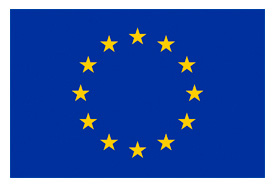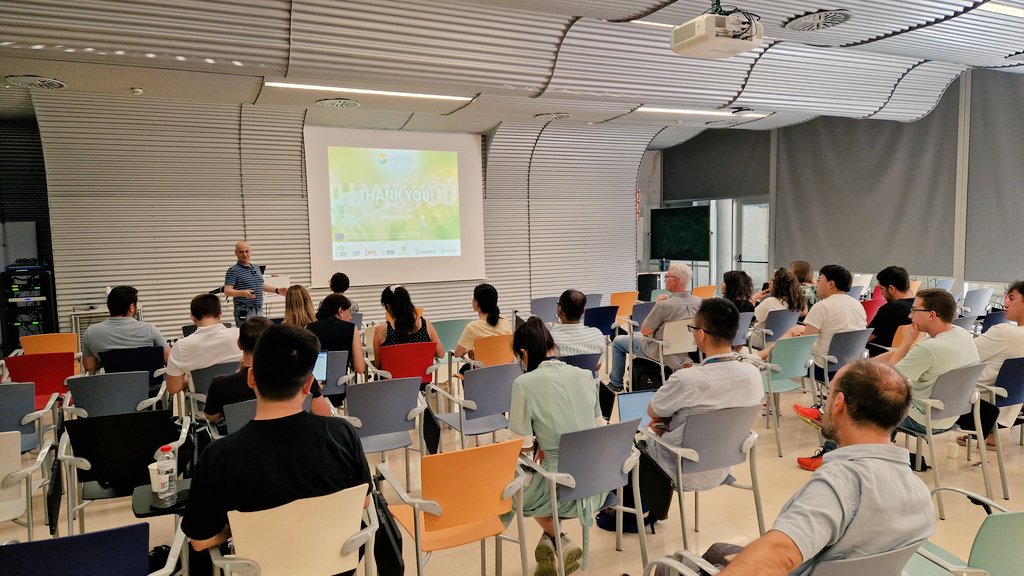LICROX concludes with a symposium sharing the progress achieved throughout the project
Funded by the European Commission, the LICROX project is about to finish after three years of research and development in the field of artificial photosynthesis.
LICROX has successfully marked the culmination of the project with a final Consortium General Assembly and an Open Symposium on July 17th and 18th, 2023 hosted by ICIQ in Tarragona.
Artificial photosynthesis, a concept inspired by nature’s ability to convert sunlight into chemical energy, holds immense promise as an efficient solution for combating climate change. The LICROX project aimed to fabricate a photoelectrochemical cell (PEC) capable of using sunlight, water, and carbon dioxide (CO₂) to produce carbon-based molecules with one or two carbon atoms (C1 and C2). This technology has the potential to revolutionize energy storage, as it has emerged as a viable and cost-effective approach to directly convert sunlight into chemical energy.
LICROX’s PEC is constructed in a compact tandem structure comprising a photoanode, a semi-transparent organic solar cell, and a cathode, which together enables broad-spectrum absorption of sunlight. To drive the critical water oxidation and carbon dioxide reduction reactions (CO₂RR), catalysts composed of non-noble metals such as copper and iron are coupled with nanoparticles or molecular complexes in an aqueous electrolyte at near-neutral pH.
Under the coordination of Prof. Antoni Llobet, a group leader at ICIQ, LICROX brought together an interdisciplinary team from renowned research institutions, including EPFL, TUM, ICIQ, and ICFO. To ensure a comprehensive approach and to align the project with societal needs and expectations, LICROX also partnered with DBT, which played a crucial role in developing strategies for social awareness, engaging citizen workshops and conducting industrial interviews. Furthermore, the industrial partners Avantama and Hysystech were key in creating a pathway for the scalable implementation of this renewable energy technology. Their expertise in industrial processes and renewable energy solutions will pave the way for the real-world application of LICROX’s advancements.
This final meeting provided the opportunity to review and discuss the latest technical work and results. The consortium examined the last experimental work, including the scale-up and testing of the dark cathode by EPFL, as well as the final experiments on the photocathode by TUM. Additional experiments, scale-up, and tests were conducted on the photoanode by TUM and ICIQ, with the attachment of organic photovoltaic (OPV) technology by ICFO.
Throughout the meeting, the consortium focused on the full PEC assembly and pre-testing phase, led by Hysystech, as well as the subsequent testing phase and final experiments currently being conducted at ICIQ. The results of citizen workshops and industrial interviews, facilitated by DBT, were also presented, highlighting the project’s engagement with various stakeholders and its potential impact on society.
The event included an Open Symposium featuring lectures by LICROX’s External Advisory Board, providing insights into future energy systems, energy storage, and organic-inorganic hybrid materials for solar-to-fuel conversion Additionally, the work package leaders of the project summarized the main achievement of the project in front of the audience and the session finished with a visit to the ICIQ’s facilities.
 | This project has received funding from the European Union’s Horizon 2020 research and innovation Programme under the grant agreement No. 951843. |

